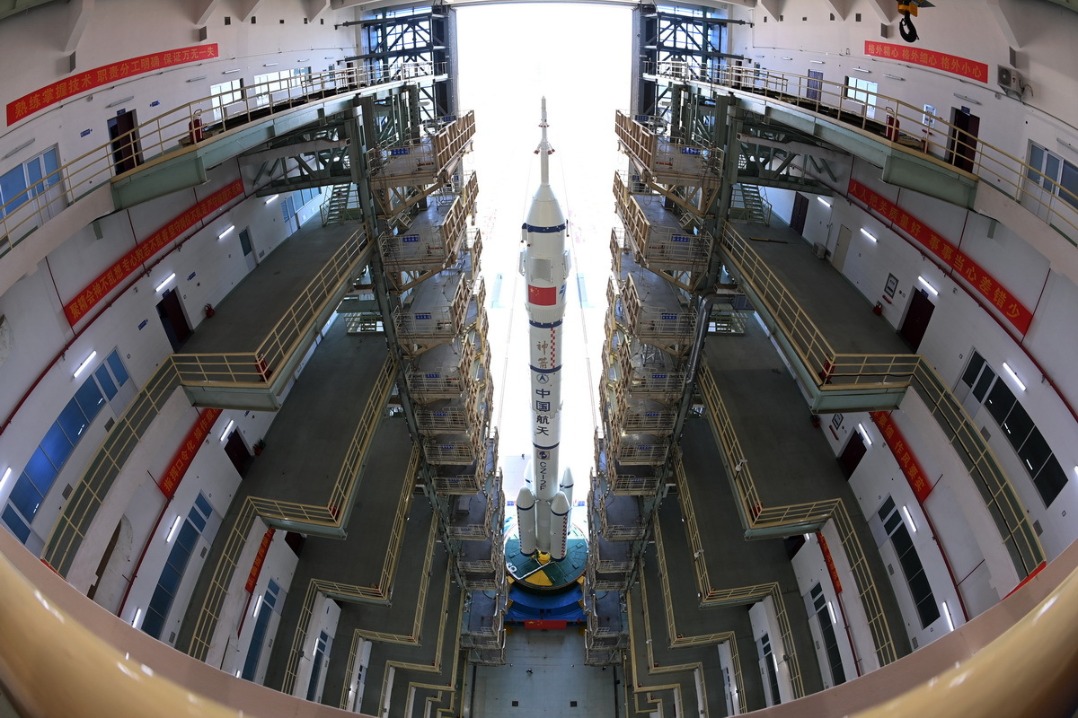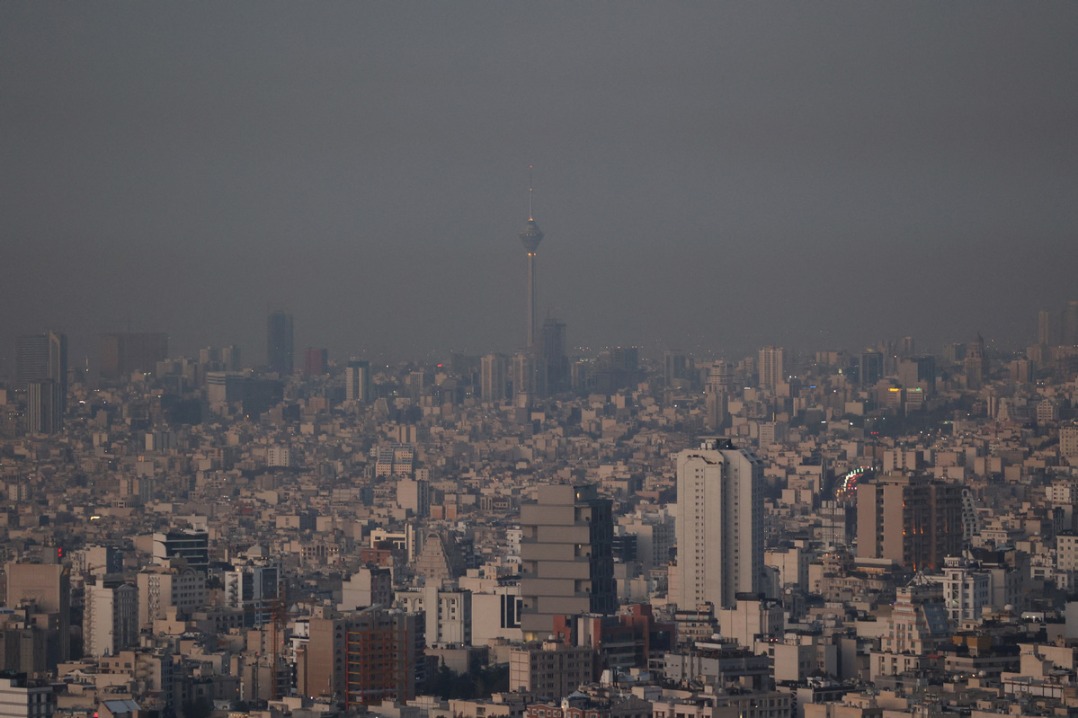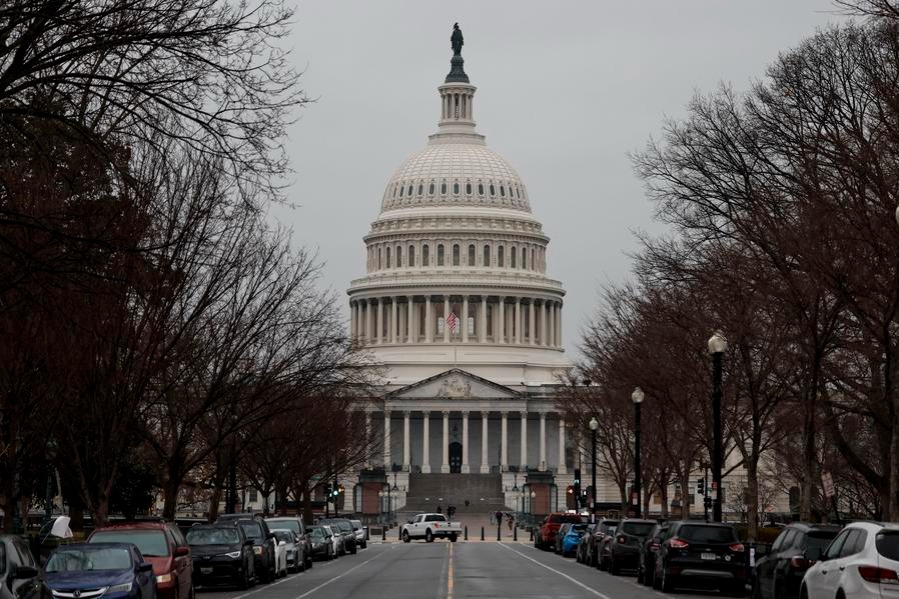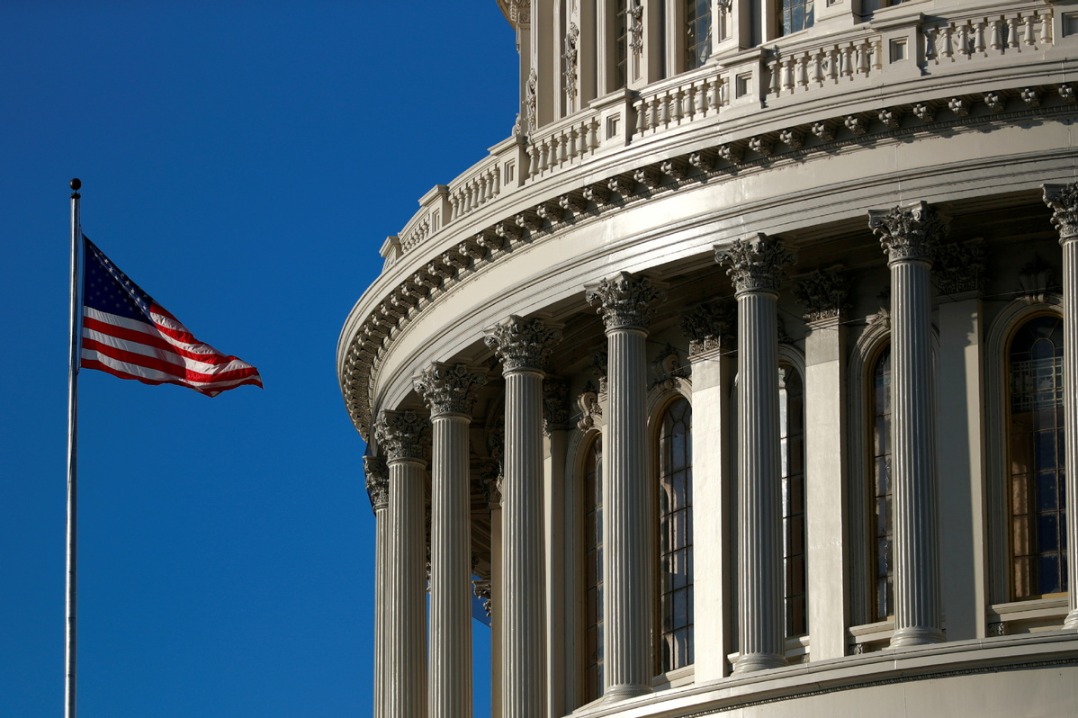China remains stabilizing economic force: China Daily editorial

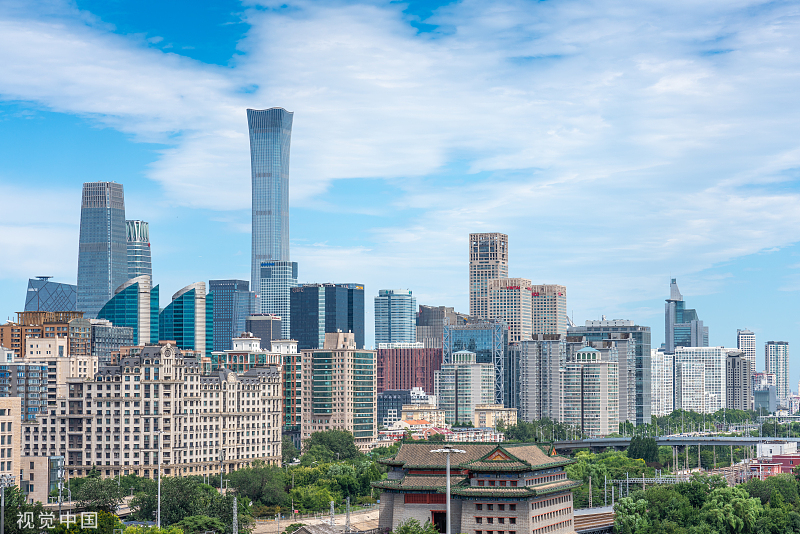
With global geopolitical rivalries intensifying and more economies resorting to protectionism, the world economy faces gloomy prospects of low growth and high debt which could leave countries with shrinking resources to improve their peoples' well-being and work together to tackle common global challenges such as climate change, the International Monetary Fund has said.
The IMF released its new economic forecast last week, saying the global economy will grow by an "anemic" 3.2 percent this year after the 3.3 percent growth in 2023. The growth rate is expected to remain 3.2 percent next year, too, well below its 2000-19 average of 3.8 percent.
Another major problem facing the world is that global government debt is set to exceed $100 trillion for the first time this year and will continue to rise. The 190-nation lending organization said that government debt as a share of GDP, now at 93 percent, is set to reach 100 percent by 2030, exceeding its peak during the COVID-19 pandemic. "These are anxious times,'' the fund's managing director, Kristalina Georgieva, told reporters during the annual meetings of the IMF and the World Bank in Washington last week. "Trade is no more a powerful engine of growth," she said. "We live in a more fragmented global economy."
Rarely has the global economy faced the level of uncertainties it is encountering today, especially because of the presidential election in the world's largest economy, which could usher in a new era of protectionist trade policies and create trillions of dollars in new government debt.
Former US president and current Republican presidential candidate Donald Trump has threatened to impose 60 percent tariffs on Chinese goods, and tariffs of up to 20 percent on everything else the US imports if he is elected, because he believes that "tariffs are the greatest thing ever invented".
The US currently carries nearly $35.7 trillion in federal debt, which is only expected to grow regardless of whether Trump or Vice-President Kamala Harris is elected next month.
The two presidential candidates put forward their respective tax and spending plans during the election campaign, and if implemented, they would both likely further increase deficits and debt above levels projected under current law, according to the analysis released recently by the nonpartisan Committee for a Responsible Federal Budget.
The IMF had earlier warned that the increasing level of US government debt risks driving up borrowing costs around the world and undermining global financial stability. In the face of mounting difficulties and challenges, the IMF suggests that countries deepen structural reforms to boost long-term growth and accelerate the green transition because such moves remain as necessary as ever.
These are the exact paths China has taken to maintain a healthy growth momentum. The country has vowed to deepen structural reform in order to develop a modern socialist market economy with Chinese characteristics and pursue high-quality development to advance Chinese modernization.
The Chinese economy grew by 4.8 percent in the first three quarters of this year, greatly contributing to global growth and reflecting the stabilizing role China has been playing in the global economy thanks to the government's favorable policies and the development of new quality productive forces. The Chinese government is confident that it will be able to achieve this year's growth target of about 5 percent with incremental pro-growth measures such as fiscal adjustments and monetary stimulus aimed at easing local government debt and injecting new vitality into the sluggish property market. In fact, the policy support has already achieved positive results.
As Vitor Gaspar, head of the IMF's department that advises governments on fiscal affairs, said, "Fiscal capacity can help China reach a different plateau in terms of its economic ambition, in terms of its economic prosperity."

















